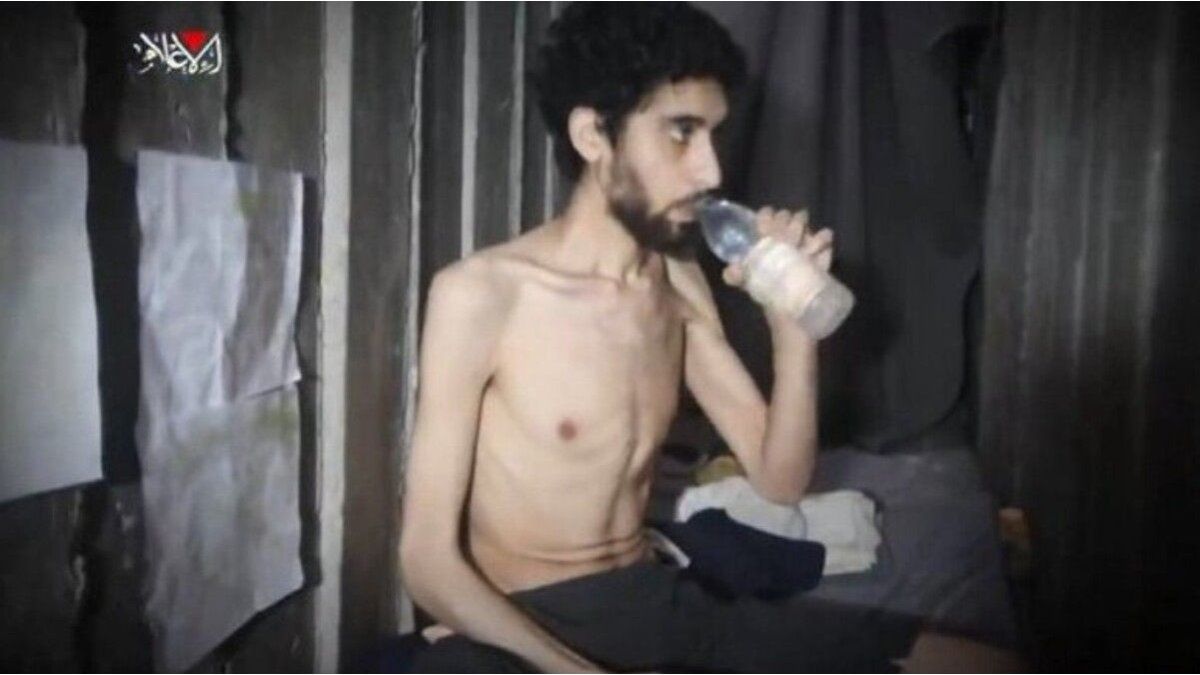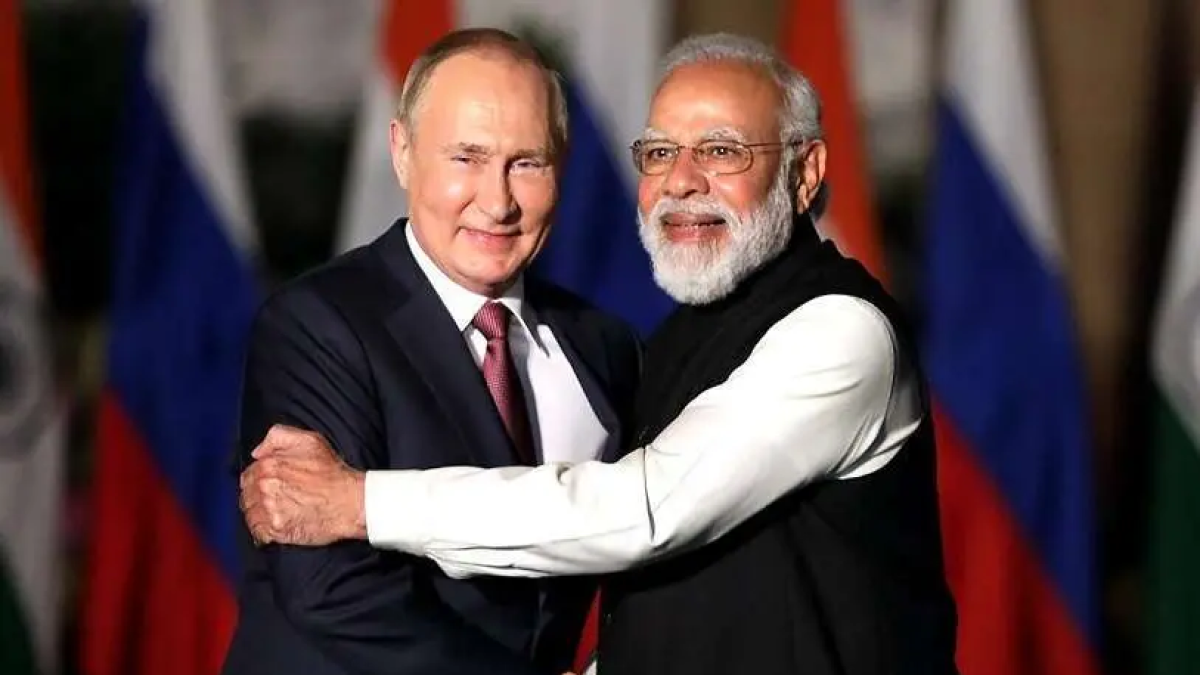No fear of contact: On her summer trip, Foreign Minister Annalena Baerbock will meet the heads of large financial institutions and the chemical giant BASF. It’s about a common goal. Are all sides involved?
In view of the challenges posed by China, Foreign Minister Annalena Baerbock has called on business to work with politicians to make Germany more resilient.
“Especially in these times, in order to be strong together, it takes trust in society that politics and business do not work against each other, but are two sides of the same coin,” said the Green politician during an appearance with the head of the chemical industry – Giant BASF, Martin Brudermüller, at the corporate headquarters in Ludwigshafen.
Brudermüller also made it clear that industry and government would only be able to cope with the upcoming transformation in the economic and ecological areas together. He did criticize Europe’s obsession with regulation and called for clear framework conditions for the energy-intensive chemical industry. However, his company’s goal is to reduce 25 percent of CO2 emissions by 2030. “We know how to do it and we can do it. But we can’t do it alone, we need an intensive dialogue with politicians and also with society about the framework conditions for this.”
Baerbock: Cap failure guarantees
When asked about an assessment of BASF’s planned billion-euro investments in China, Baerbock replied cautiously: “I’m a politician and not an entrepreneur” – the entrepreneurial risk is borne by the companies themselves.
In its China strategy, the federal government made it clear “that the state cannot bear the risk of risky investments indefinitely, Baerbock reminded us. Therefore, default guarantees for foreign investments will be capped at three billion euros per country and company in the future. This is intended to prevent that the liability passes completely to the general public.”How far companies then draw conclusions for themselves, that’s the task of the company, that’s the free market economy.”
In the southern Chinese province of Guangdong, BASF is building a huge new Verbund site – it is set to become the company’s third largest and the second of its kind in China. To this end, BASF is investing around ten billion euros by 2030.
BASF boss: Opportunities outweigh risks
Brudermüller defended the planned investments in China. The country makes up about 50 percent of the world chemical market – Europe only 17 percent. In addition, there are economic difficulties, which have led to the loss of almost 25 percent of the production volume in Europe, he said, also in view of the gas and electricity prices that have risen as a result of the Russian war. In the consideration, one came to the conclusion “that the opportunities in China outweigh the risks”. The money to be earned in China will help to shoulder billions in investments as part of the green transformation.
China strategy and economy
Just under a week after the German government’s China strategy was presented, the Foreign Minister had previously met with representatives of major German financial institutions as part of her summer trip under the motto “Strong together” on Germany’s resilience at the Deutsche Bank headquarters in Frankfurt/Main.
The traffic light government wants to reduce economic dependency on China, but not a fundamental change of course. “The federal government is not striving for decoupling from China,” says the strategy. The government expects companies to deal specifically with China-related developments and risks as part of the risk management processes.
Meeting with bank bosses
At the Deutsche Bank headquarters in Frankfurt/Main, Baerbock met the CEO of Deutsche Bank, Christian Sewing, the deputy CEO of Commerzbank, Bettina Orlopp, the spokeswoman for the board of UniCredit-Hypovereinsbank, Marion Höllinger, and the head of the banking association, Heiner Herkenhoff. According to the Federal Foreign Office, the topics discussed included the opportunities and challenges of the growing Asian market and globalization as well as forms of climate finance.
According to the latest annual report, Deutsche Bank had an exposure of 6.1 billion euros or one percent of the total loan book in China at the end of 2022. In a speech in early September, Sewing said China remains an important growth market and investment destination for many customers, particularly in the automotive, green energy, “new economy”, chemical and pharmaceutical industries.
In Bruchsal, Baerbock visited a geothermal project that also produces lithium. The fact that sustainable energy production and independence from raw material imports are central security policy concerns has been clear, not least since the Russian war of aggression against Ukraine, the Foreign Ministry explained on the visit.
Federal Foreign Office on Baerbock’s summer trip Speech by Deutsche Bank boss Sewing September 7, 2022 Deutsche Bank 01/2023 Deutsche Bank boss Sewing on Q1/2023 Deutsche Bank: Annual balance sheet 2022 Interim reports Deutsche Bank Annual reports Deutsche Bank Overview of Deutsche Bank on the EnBW strategy on the geothermal project in Bruchsal
Source: Stern
I have been working in the news industry for over 6 years, first as a reporter and now as an editor. I have covered politics extensively, and my work has appeared in major newspapers and online news outlets around the world. In addition to my writing, I also contribute regularly to 24 Hours World.




